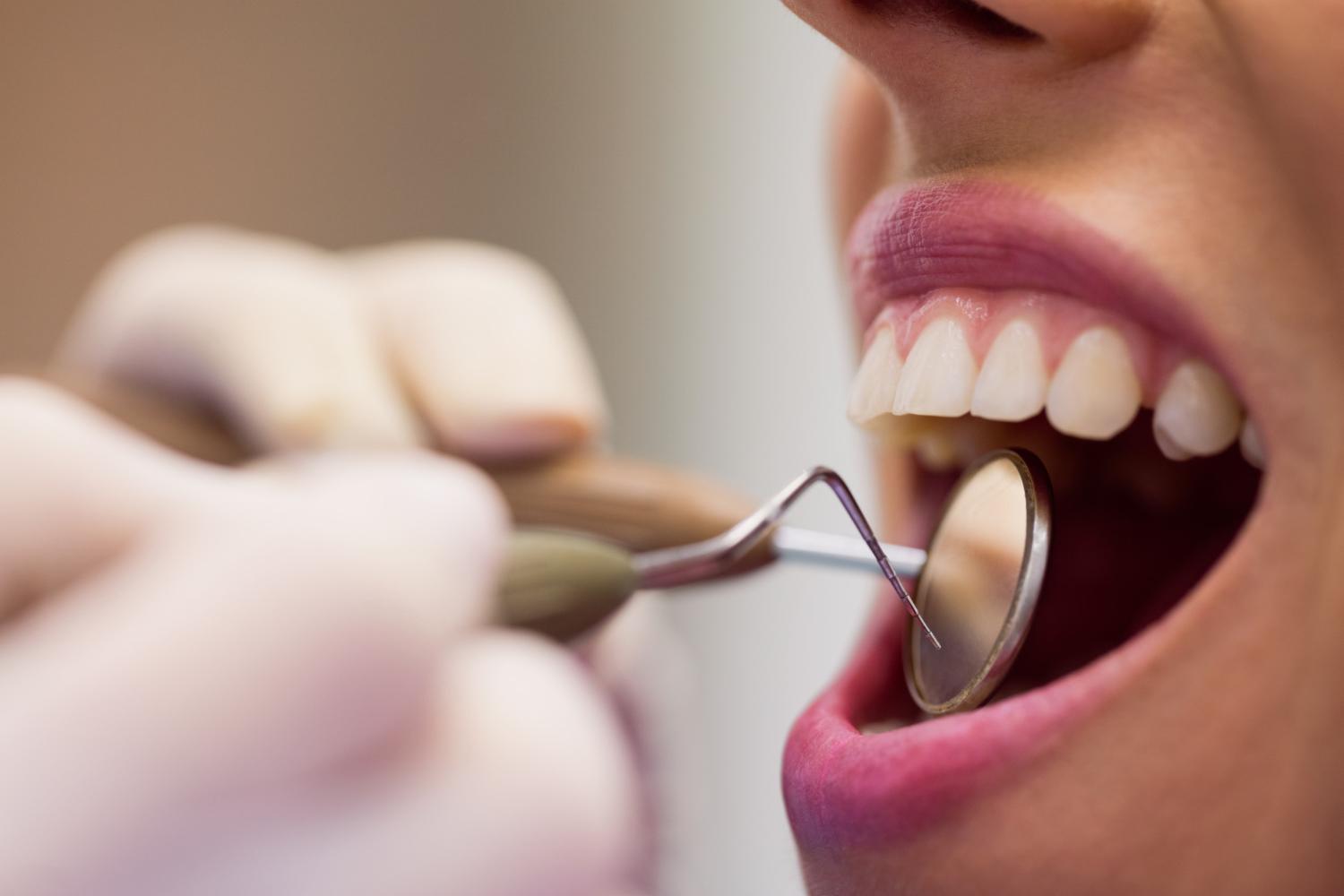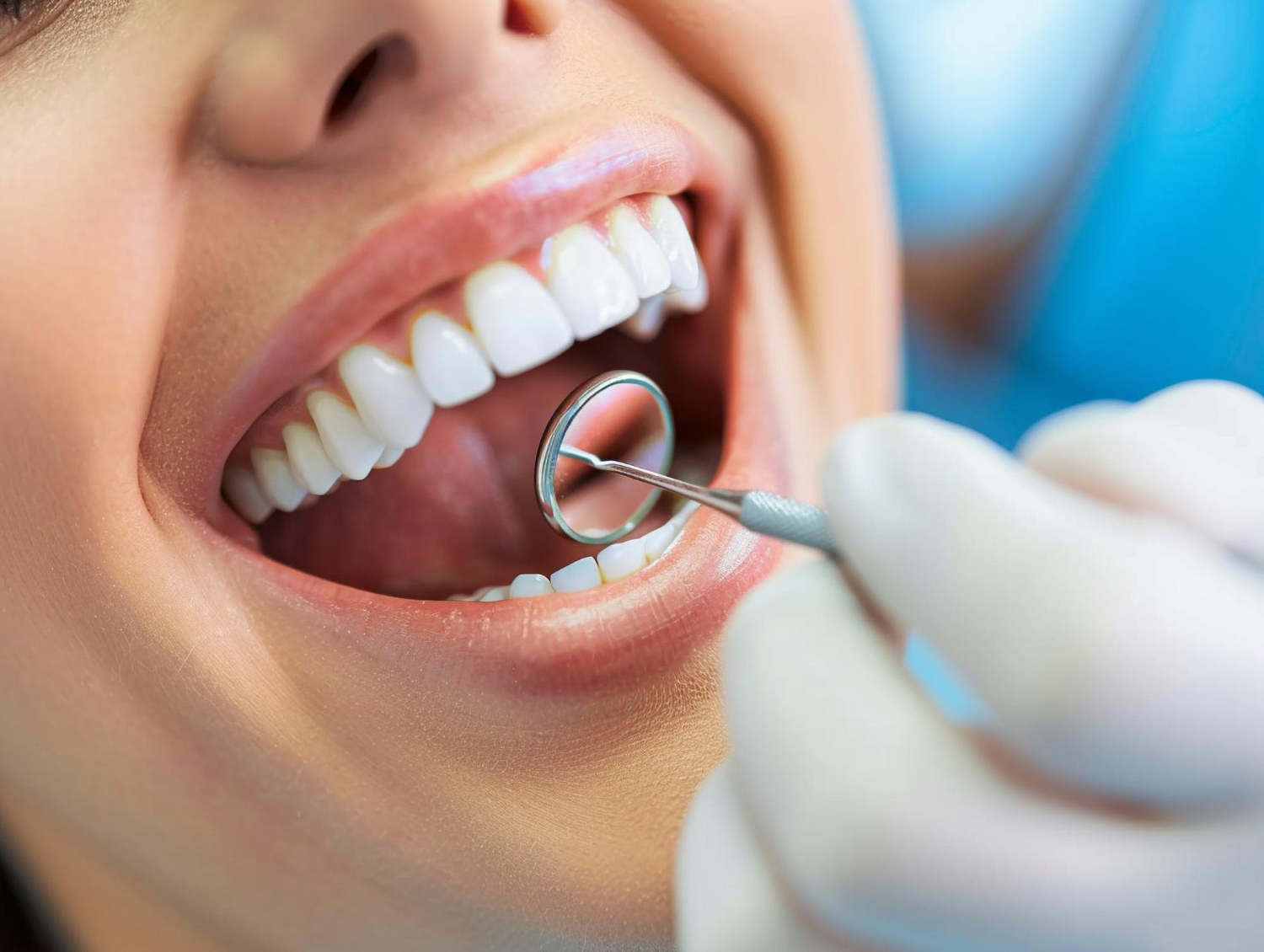Most people know they should visit the dentist, but many don’t realize the value of sticking to a six-month schedule. Regular checkups go beyond clean teeth—they play a key role in keeping your mouth and overall health in great shape. If you’ve ever wondered why dentists recommend this frequency, here’s what you need to know.
Benefits of Catching Dental Issues Early with Regular Checkups
Dental problems rarely show up overnight. Cavities, gum disease, and other issues usually start small and get worse over time. By visiting your dentist every six months, minor concerns can be caught early before they grow into bigger problems. A tiny cavity, for instance, is much easier and less expensive to fix than a tooth that requires a root canal or crown.
Early detection isn’t just about preventing pain; it also helps preserve your natural teeth. Dentists can spot areas that might become problematic and recommend preventive measures. This proactive approach helps you avoid lengthy procedures and keeps your oral health on track with less hassle.

How Six-month Visits Help Maintain a Bright and Healthy Smile
Even with diligent brushing and flossing, plaque can build up in hard-to-reach areas. Over time, this buildup can dull your smile. Regular checkups include professional cleaning that removes plaque and tartar, leaving your teeth looking brighter and feeling smoother.
Six-month visits also give dentists a chance to assess the color and condition of your teeth. If staining or discoloration has started to show, we can suggest treatments or techniques to restore your smile’s shine. Routine care not only maintains your oral health but keeps your smile looking its best year-round.
Preventing Cavities and Gum Disease Through Routine Dental Care
Cavities and gum disease don’t announce themselves right away. Without regular care, bacteria in your mouth can quietly cause damage over months or years. By scheduling checkups every six months, you give your dentist the opportunity to remove harmful bacteria and plaque buildup before it turns into decay or infection.
Healthy gums are just as important as healthy teeth. Routine cleanings and exams help prevent gingivitis, an early stage of gum disease that can lead to more serious problems like periodontitis if left untreated. Consistent visits give your dentist the chance to monitor your gums and take action early if needed.
Why Professional Cleanings Every Six Months Are Better than Brushing Alone
Brushing twice a day and flossing regularly are essential, but they can only do so much. Professional cleanings reach areas your toothbrush can’t, like deep between teeth or just under the gumline. These cleanings remove hardened plaque and tartar that brushing and flossing miss.
Dentists also use specialized tools to polish your teeth, making them smoother and less likely to attract plaque in the future. While at-home care forms the foundation of oral hygiene, professional cleanings every six months provide the deep clean your teeth and gums need to stay truly healthy.
The Link Between Regular Checkups and Overall Health
Oral health is closely tied to overall health. Problems in your mouth, like gum disease or untreated infections, can impact other areas of your body. Regular checkups help prevent these issues from developing, reducing your risk of complications like heart disease or diabetes.
Your dentist might also spot signs of other health concerns during a routine visit. Conditions like vitamin deficiencies, certain cancers, and autoimmune disorders can show symptoms in the mouth. By maintaining regular appointments, you not only protect your teeth but also keep an eye on your general well-being.
Saving Money on Major Dental Treatments by Staying Proactive
Dental treatments can get expensive, especially if problems are allowed to progress. Regular checkups are a cost-effective way to catch issues early, saving you money in the long run. A small filling, for example, costs far less than a crown or dental implant.
Preventive care doesn’t just save you money—it also saves you time. Major dental procedures often require multiple appointments and extended recovery periods. By staying consistent with six-month visits, you can avoid these disruptions and enjoy a healthy smile without breaking the bank.
Identifying Hidden Dental Problems Before They Cause Discomfort
Many dental issues start silently, with no noticeable pain or discomfort. Cavities can form, infections can grow, and even serious problems like bone loss can develop without obvious symptoms. Regular checkups allow your dentist to use X-rays and other tools to identify these hidden problems early.
Finding these issues before they become painful or visible gives you more treatment options and better outcomes. Whether it’s spotting a crack in a tooth or catching a cavity that hasn’t yet caused sensitivity, routine visits are your best defense against surprise dental problems.
The Importance of Consistent Dental Care for Long-term Oral Hygiene
Long-term oral health isn’t achieved through occasional care—it requires consistency. Regular checkups help you stay on track with your hygiene routine, offering guidance and adjustments as needed. Your dentist can provide personalized advice based on your specific needs, helping you maintain healthy habits over time.
Consistency also builds trust with your dental provider. When you see the same dentist regularly, we get to know your dental history and can tailor care to you. This relationship makes it easier to address concerns and ensures your oral health is managed effectively year after year.
Protect Your Smile and Health with Smiling Creek – Your Partner in Long-term Dental Care
Your smile deserves the best care, and Smiling Creek is here to help you keep it bright, healthy, and strong for years to come. Regular dental checkups aren’t just about clean teeth—they’re about protecting your overall health, catching problems early, and saving you from unnecessary pain and costly treatments. At Smiling Creek, we’re committed to providing personalized, comprehensive dental care that fits your needs and lifestyle. From professional cleanings that leave your teeth feeling fresh to expert assessments that ensure your oral health is in top condition, we’re dedicated to giving you a reason to smile confidently.
Don’t wait until a minor issue becomes a major one—your oral health is too important to put off. Whether it’s been a while since your last visit or you’re looking for a trusted partner in your dental care, Smiling Creek is ready to welcome you. Take the proactive step to maintain a healthy, radiant smile today. Contact us to schedule your appointment and experience dental care that truly makes a difference.






